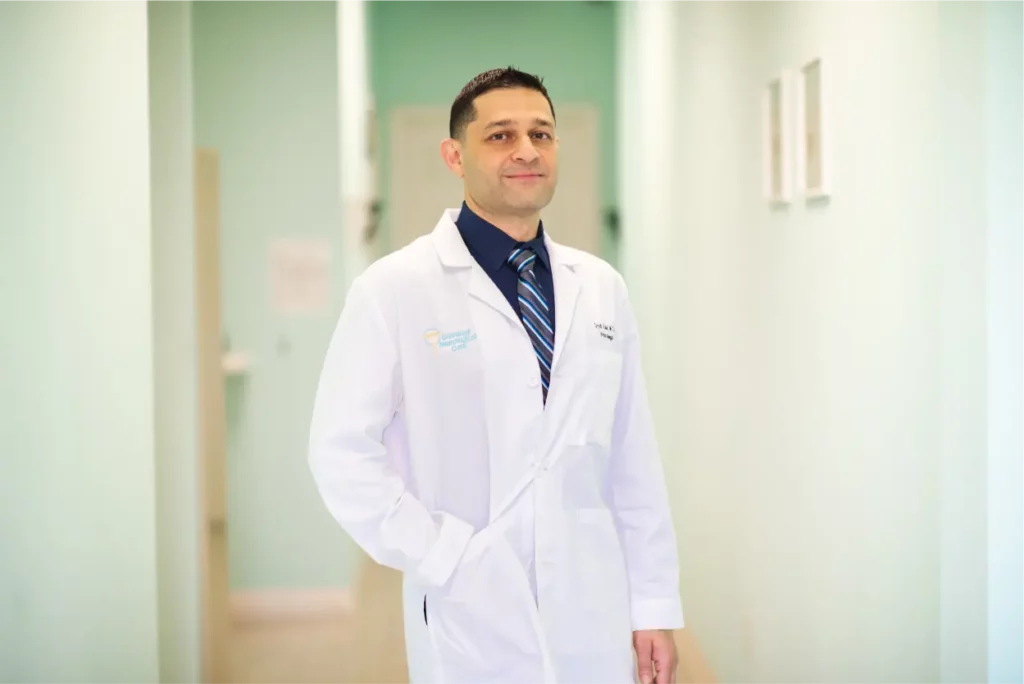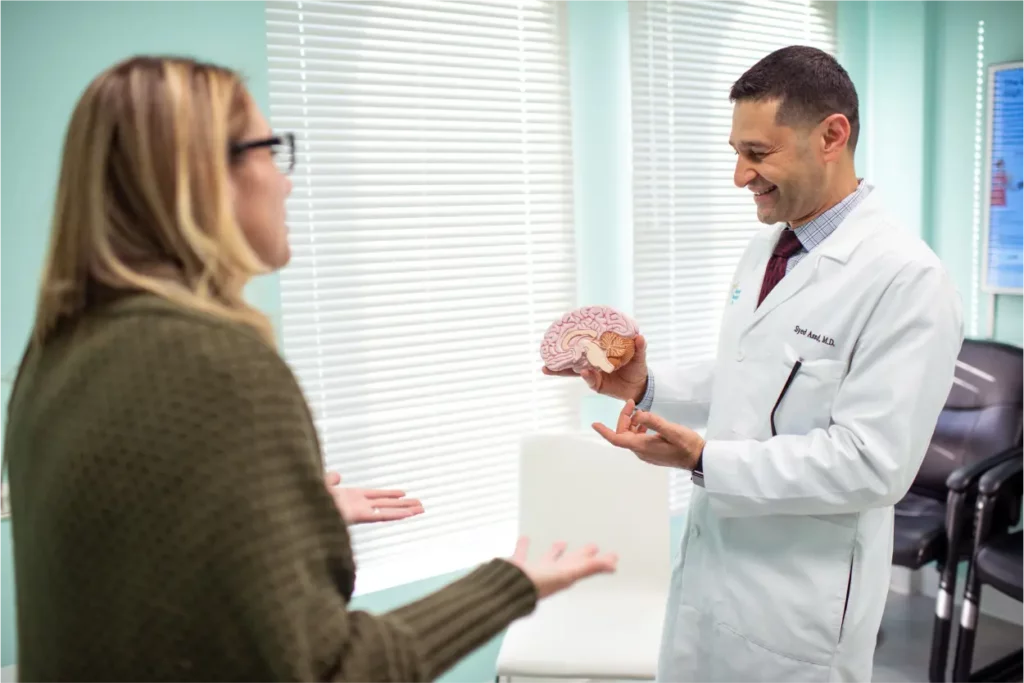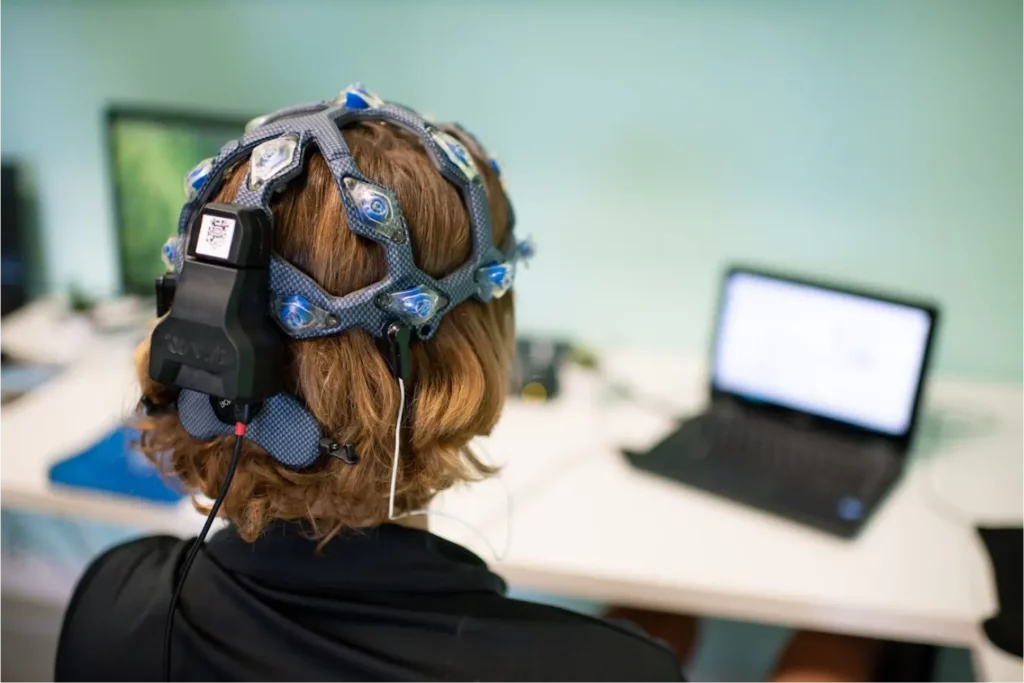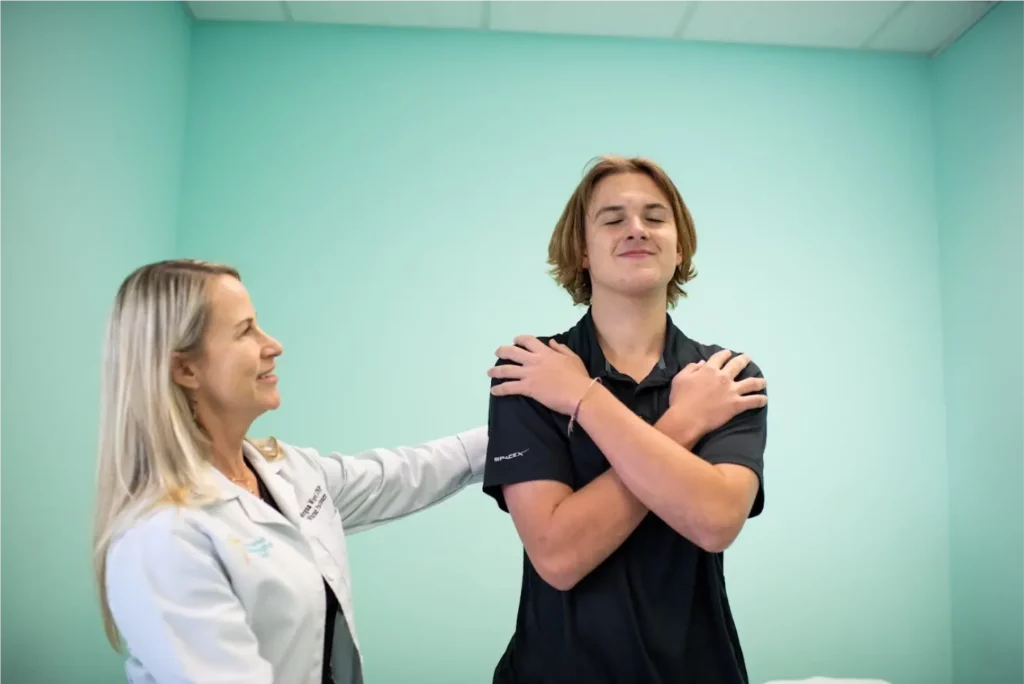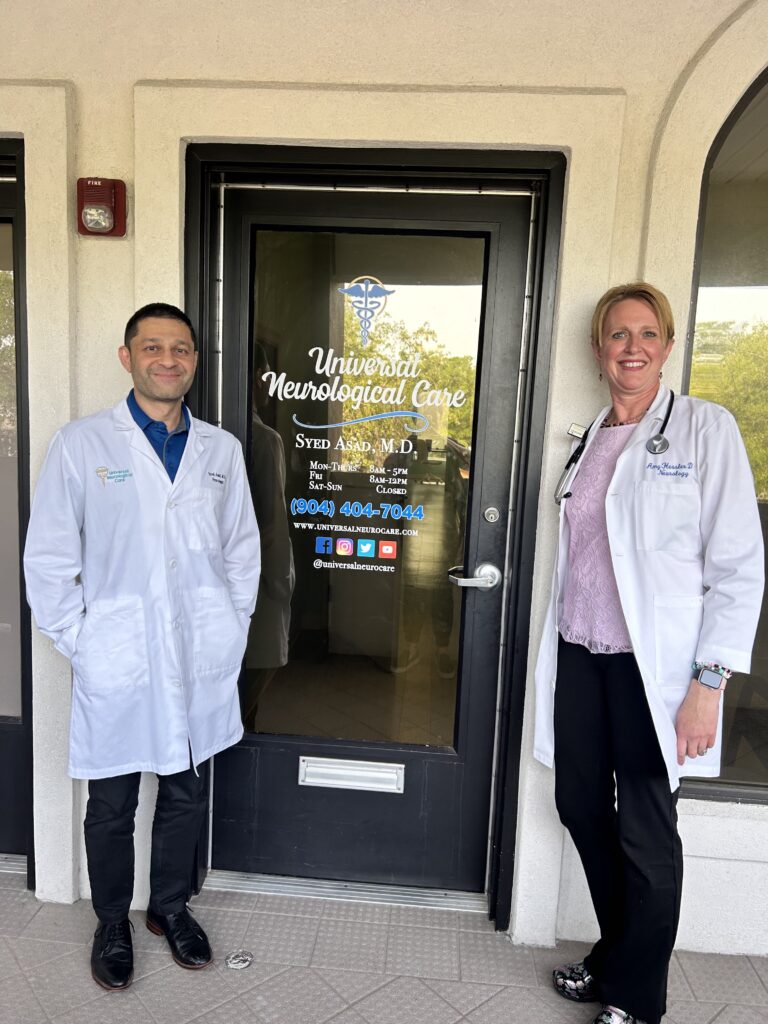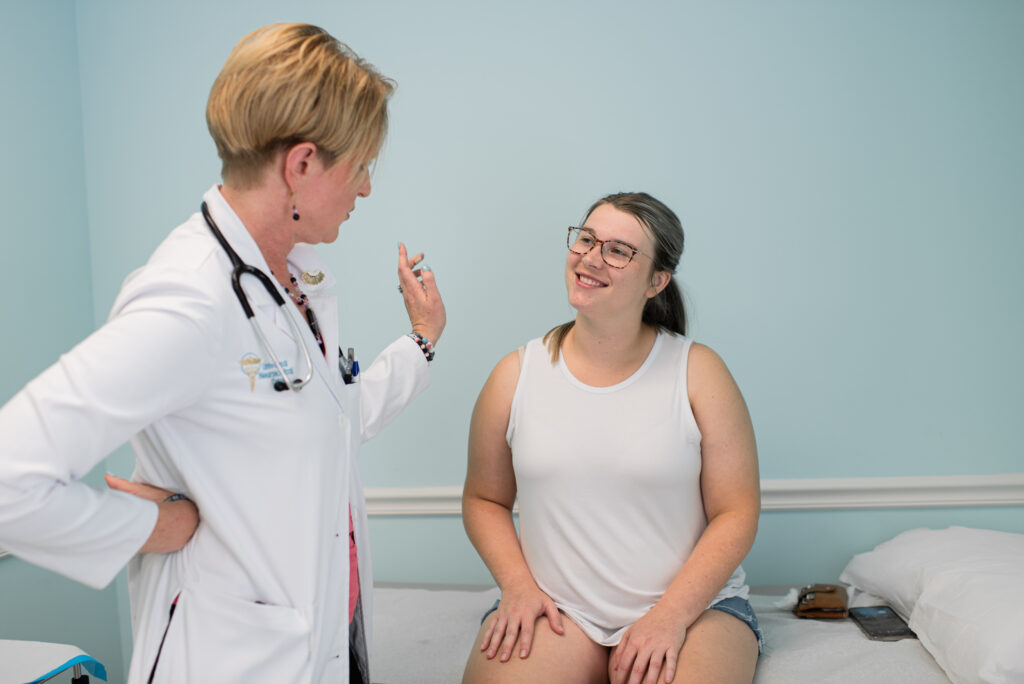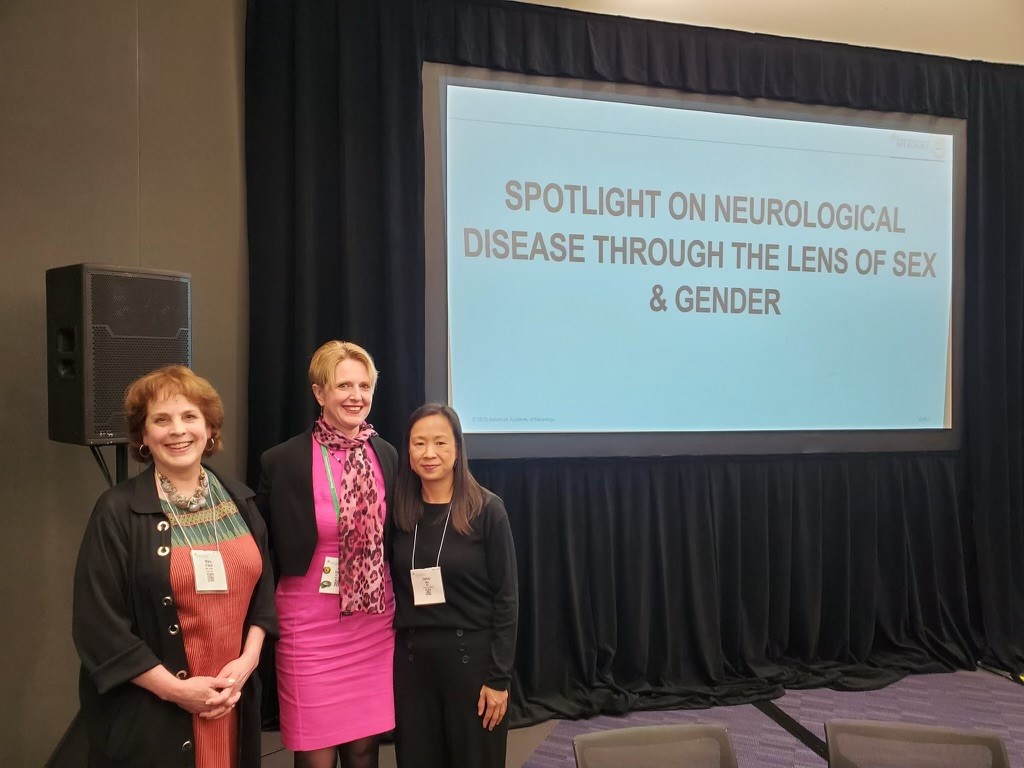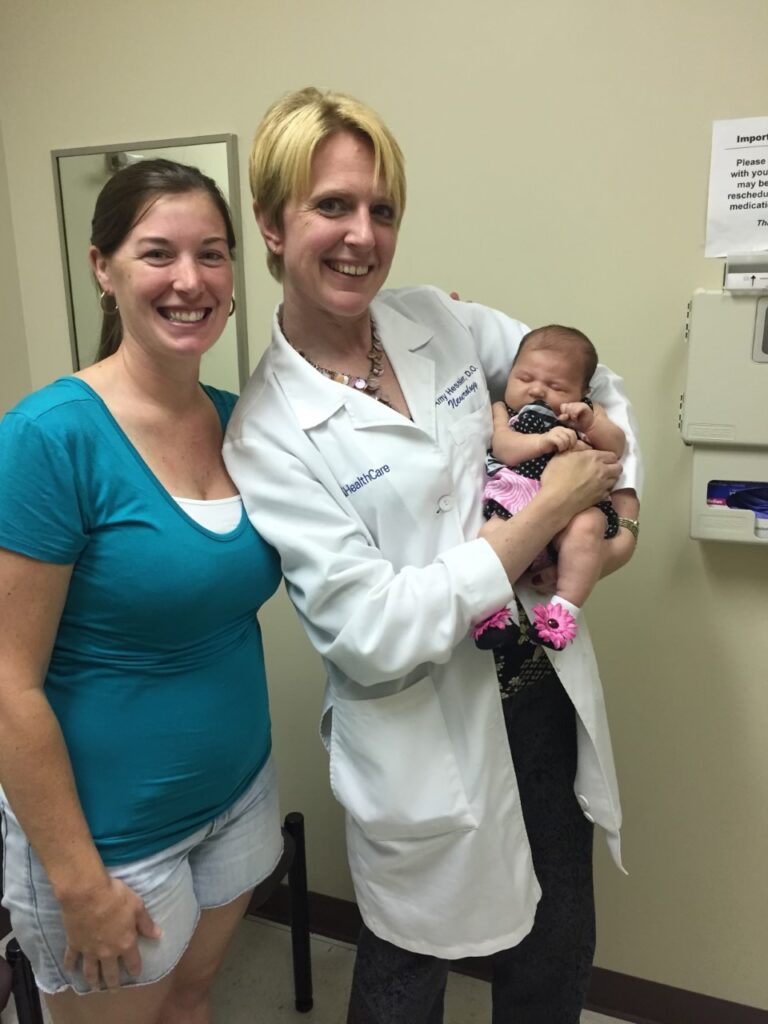This is an article from the biohackers magazine: https://biohackersmag.com/about/
Traumatic brain injury can be a devastating neurological injury. Individuals who survive moderate to severe brain injuries are frequently left with crippling deficits that may require institutional care. These individuals may become dependent on others for their daily needs and activities after sustaining such an injury. Mild traumatic brain injuries involve loss of consciousness of fewer than 30 minutes and represent a neuro metabolic syndrome, generally expected to resolve in the vast majority of cases. However, about 15% of individuals with mild brain injuries can continue to experience ongoing symptomatology, which is sometimes difficult to identify and even more difficult to treat.
Individuals with protracted symptoms of brain injury may complain of refractory headaches, cognitive deficits, sleep problems, dizziness, visual problems, tinnitus, sensitivity to various stimuli, attention deficit, emotionality, anxiety, depression, and post-traumatic stress disorder. And despite the healthcare provider’s best efforts, brain injuries can sometimes be refractory to conventional treatments.
A case that comes to mind is a military veteran who was involved in an IED explosion while on tour of duty, which caused him to be knocked out for two minutes. When he regained awareness, he was dazed, confused with ringing in the ears and difficulty focusing. He also experienced headaches and nausea. He was evaluated and told he suffered a concussion and that the symptoms should resolve. He was released back to his regular duties after 3-5 days of cognitive rest. However, from that day forward, and for years thereafter, he has been experiencing ongoing issues with headaches, cognitive impairment, balance and visual issues, sleep problems, mood problems, etc. Eventually, he is discharged from military service on account of ongoing medical issues. However, even with a subsequent diagnosis of “post-concussion syndrome” and state-of-the-art brain injury rehab and pharmacological interventions, his symptoms are only partially and temporarily relieved.
We see cases like this on an ongoing basis. Some veterans who have been through this scenario are prescribed medications (mood stabilizers, sedatives, antidepressants, etc.) that they have difficulty tolerating, resulting in non-compliance. Some try to self-medicate with painkillers, stimulants, cannabis, or alcohol. The longer the symptoms persist, the harder they are to treat due to a mechanism called long-term potentiation. There is growing interest in non-pharmacological technologies that are showing benefit in these cases without significant adverse effects. Due to concern for medication side effects and the need for long-term use of medications in these scenarios, these newer treatment modalities are gaining traction as either adjunctive treatments or alternative treatment options.
Traumatic brain injury can result in a wide spectrum of neurological, psychi¬atric, cognitive, and emotional consequences. The diversity of sequalae can be related to the areas of the brain that are injured, the severity of the injury, and the evolution of the injury over time due to neuroinflammatory al mechanisms, thought to underlie the damage of TBI include decreased mitochondrial function, calcium, and magnesium dysregu¬lation, excitotoxicity, disruption of neural networks, free radical-induced damage, excessive nitric oxide, ischemia, and damage to the blood–brain barrier. Together, these can contribute to a progression of the damage over time.
The nonpharmacological treatment options discussed in this article target the various dysfunctions in brain activity by improving mitochondrial function, reducing inflammation, sequestering oxygen radicals, etc. This is not an exhaustive list of modalities but an overview of some of the treatment options that are gaining more traction in this field.
HYPERBARIC OXYGEN TREATMENT has been explored as a treatment for TBI. The most carefully performed study compared a group in a cross-over design with an interval of both null treatment and hyperbaric oxygen at 100% oxygen and 1.5 atm. The study described improvement in many of the symptoms associated with persistent TBI, including headache, tinnitus, vision disturbance, memory dysfunc¬tion, and impaired cognitive function. Cognitive testing also showed improvement in attention, information processing speed, and a battery of cognitive tests.
One potential avenue of treatment for TBI is infra¬red light, or PHOTO BIOMODULATION, which has shown promising data in a number of applications. Near-infrared (NIR) light has been investigated for its ability to modulate intracellular mechanisms related to healing. The application of NIR light by low-power laser or by light-emitting diode (LED) is also known as laser phototherapy or near-infrared photo-biomodulation. NIR irradiation can facilitate wound healing, promote muscle repair, and stimulate angiogenesis. NIR phototherapy has been studied and applied clinically in a wide array of ailments, including skin ulcers, osteoarthritis, peripheral nerve injury, low back pain, myocardial infarction, and stem cell induction.
Light in the wavelength range of 600–1,200 nm has significant photo biomodulation capability. Current data most strongly support that absorption of NIR photons by cytochrome c oxidase in the mitochondrial respiratory chain is the key initiating event in photo biomodulation. This induces an increase in cytochrome c oxidase activity which in turn increases adenosine triphosphate (ATP) production. NIR photonic energy can modulate reactive oxygen species, activate mitochondrial DNA replication, increase early response genes, increase growth factor expression, induce cell prolif¬eration, and alter nitric oxide levels. When examined in the specific model of neural tissue injury, NIR phototherapy can lead to demonstrable neural repair and recovery. Based on work done by the Neuro laser foundation in collaboration with Harvard Medical School, use of high-wattage lasers resulted in marked clinical improvement in patients with mild to moderate chronic TBI. Moreover, symptoms consistent with PTSD, anxiety, and/ or depression also improved considerably or resolved in this group of patients.
Hydrogen is a colorless, tasteless, and reductive small molecular gas. The first potential clinical application of MOLECULAR HYDROGEN was demonstrated in 1975 when hydrogen was found to play a therapeutic role in mouse skin cancer model by scavenging hydroxyl radicals. And a large number of studies since then have shown that hydrogen plays a therapeutic role through the mechanism of antioxidant stress in a variety of diseases. Compared with other organs of the body, brain tissue is more vulnerable to oxidative stress because of its high oxygen consumption, low antioxidant enzymes and high content of unsaturated fatty acids. Hydrogen, as a reducing gas, has the advantages of easy access, convenient administration (ingestion, inhalation or intravenous), easy diffusion, quick onset, and no obvious toxicity.
Many studies have shown that molecular hydrogen plays a neuroprotective role in TBI through a variety of mechanisms including anti-oxidation, anti-inflammation, and inhibition of apoptosis (programmed cell death).
Use of the SENSORY DEPRIVATION FLOTATION TANK or Flotation restricted environmental stimulation therapy (REST) has been studied as a stress-management tool. In a meta-analysis that looked at 449 participants, REST showed positive effects on physiology (e.g., lower levels of cortisol, lower blood pressure), well-being, and performance. The pre–post mean effect size and the overall randomized control group effect size were relatively strong. This suggests that despite some limitations of the original studies, flotation REST can be a useful stress management tool in addition to or instead of other stress management tools. Smaller case studies in TBI revealed floatation therapy, or R.E.S.T. can improve the functional, cognitive, emotional, behavioral, and physical quality of life for people dealing with long term TBI related issues. Evidence within this study demonstrates that floatation therapy has a direct and lasting positive effect on multiple categories of emotional, neurological psychological and physical dysfunction related to an individual with a TBI of 10 years duration.
TRANSCRANIAL MAGNETIC STIMULATION (TMS) is a noninvasive form of brain stimulation in which a changing magnetic field is used to induce an electric current at a specific area of the brain through electromagnetic induction. An electric pulse generator, or stimulator, is connected to a magnetic coil connected to the scalp. Based on a study published in the journal of neurotrauma in 2015, Fifteen eligible patients with mTBI and PCS > 3 months postinjury consented to 20 sessions of repetitive transcranial magnetic stimulation (rTMS) over the left dorsolateral prefrontal cortex (DLPFC) for alleviating symptoms of PCS. On average, PCS scores declined by 14.6 points (p = 0.009) and fMRI task-related activation peaks in the DLPFC increased after rTMS. rTMS is safe, tolerated by most patients with mTBI, and associated with both a reduction in severity of PCS and an increase in task related activations in DLPFC.
Another promising modality is NEURO BIOFEEDBACK in which a patient can learn to control brain activity recorded by an electroencephalogram. In Neurofeedback, the training method is based on reward learning (operant conditioning), where a real-time feedback provided to the trainee is supposed to reinforce desired brain activity or inhibit unfavorable activity patterns.
In a 2013 literature review, published in the Annals of Clinical Psychiatry, 22 primary research studies were evaluated. Remission of 59% to 37% of reported symptoms was achieved in one study, with success in a diverse set of symptom clusters, including motor, language, cog¬nitive, conduct, substance abuse, and pain. All published data reported positive effects of neurofeed¬back in the improvement of both subjective reports and objective measures of neuropsychiatric symptoms of mild to moderate TBI.
VAGUS NERVE STIMULATION (VNS) is a medical treatment that involves delivering electrical impulses to the vagus nerve. This can be done via an implanted vagal nerve stimulator or an external stimulator. While this form of treatment has mainly been used for epilepsy and treatment resistant depression, this modality is also being used to treat symptoms of TBI.
In a 2015 article published in Neurocritical care, in animal models, VNS was observed to enhance motor and cognitive recovery, attenuate cerebral edema and inflammation, reduce blood brain barrier breakdown, and confer neuroprotective effects.
These are just some of the emerging non-pharmacological treatment modalities showing promise in the very complex and sometimes devasting condition of brain injury. Treatment of brain injury should involve a multi-disciplinary approach with utilization of available technologies to get appropriate metrics on deficits in ocular, vestibular, and cognitive dysfunction. A systematic strategy should then be employed to identify and catalogue the specific neurological and neuropsychiatric deficits. The treatment paradigm should include pharmacological, rehab, behavioral, neuroendocrine, and lifestyle approaches. Further research is needed to definitively establish the efficacy of these and other emerging newer treatment modalities in the brain injury treatment paradigm. However, even as it stands, utilization of some of these newer approaches may provide an edge to improving the quality of life of individuals suffering with chronic symptoms of TBI.
About Dr. Syed Asad
Dr. Asad attended Medical School at the Dow University of Health Science and received medical training and Board certification in Nuclear medicine from the Harvard Medical School Joint Program of Nuclear Medicine and the Brigham and Women’s Hospital in Boston in 2002. He also underwent Medical training and Board certification in Neurology from Emory University Hospital in Atlanta from 2002 through 2005.
Dr. Asad is also a veteran and served in the US Army Reserves, Medical Corp from 2001. He was honorably discharged in 2008.
Dr. Asad has run a neurology practice for the last 18 years and founded the Universal Neurological Cara outpatient neurology clinic in 2015 with a special focus on traumatic brain injury.
He has also worked with unaffiliated third parties, including acting as an independent neuro-trauma consultant to the Jacksonville Jaguars from 2011 through 2014 and also an unaffiliated neuro-trauma consultant to the NFL with sideline assessments to concussed players during the NFL football games in 2013. He continues to serve as a consultant and neurological Specialist to the Jacksonville JAguars.
Dr. Asasd Board Certified in Traumatic brain injury by the American Board of Psychiatry and Neurology. He has served as a Medical Director for the Eisenhower Center in Jacksonville since 2017. Currently, he is on the Grey team medical advisory board. The Grey team is a nonprofit dedicated to providing a safe space for veterans.
